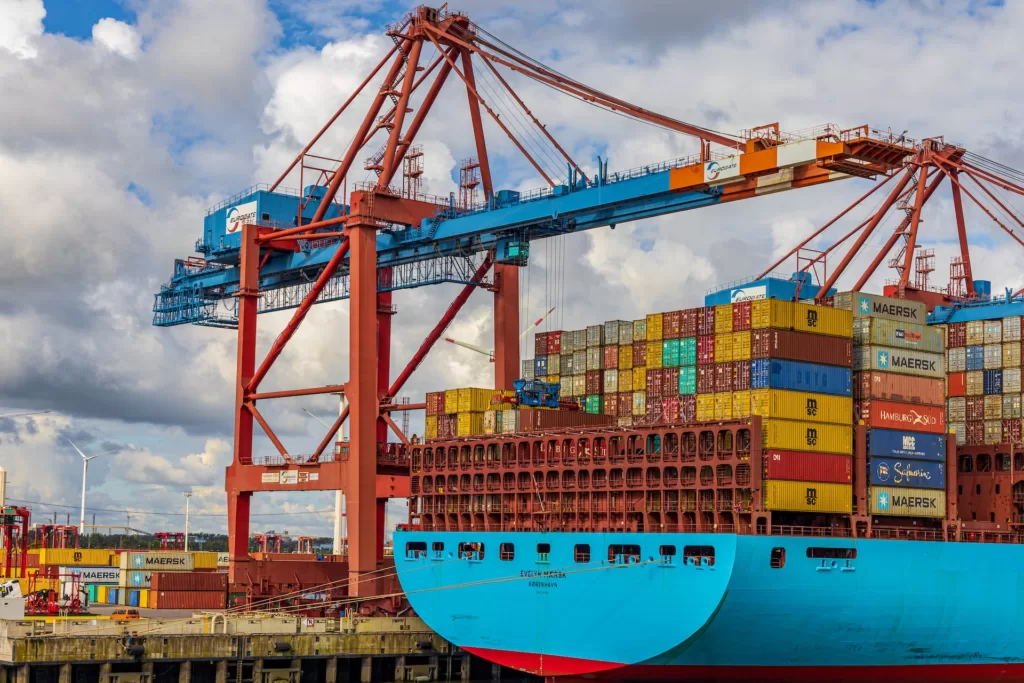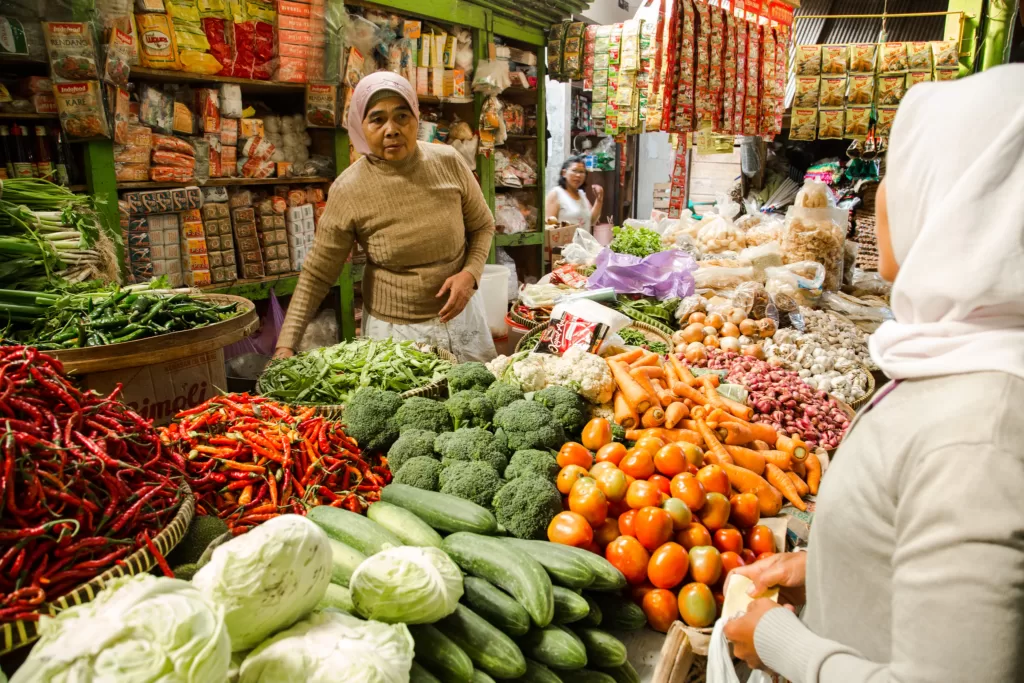Being open to international trade can help mitigate recession and maintain economic growth.
 A nation’s openness to international trade can be a valuable ingredient in the basket of policy responses to mitigate recession and maintain economic growth. : Dominik Lückmann https://unsplash.com/photos/4aOhA4ptIY4 Unsplash Licence
A nation’s openness to international trade can be a valuable ingredient in the basket of policy responses to mitigate recession and maintain economic growth. : Dominik Lückmann https://unsplash.com/photos/4aOhA4ptIY4 Unsplash Licence
Being open to international trade can help mitigate recession and maintain economic growth.
Everyone remembers March 2020. COVID-19 was spreading and people were queueing in supermarkets for necessities. News about vaccine types and the race for developing them (and later, for purchasing them) dominated the breakfast hour.
Government policy responses in most countries were overwhelmingly simple and blunt: close the borders and restrict people’s movements.
One of the most extreme examples of such an isolationist policy was implemented in Australia and, in many respects, it worked. The vaccines were developed quickly enough by global pharmaceutical companies, Australia was able to obtain them and the borders opened again in January 2022.
The same isolationist policy response does not work when an economy is about to get sick.
When an economic recession hits, a successful policy response tends to be quite the opposite: opening up the economy even further and finding new trading partners and strengthening existing trade relationships becomes paramount.
Australia is again an extreme and successful example for this.
The period between mid-2007 and early 2009 when global financial markets and banking systems experienced extreme stress is known worldwide as the Great Recession. In Australia, however, it is referred to as the Global Financial Crisis.
The reason is simple: Australia managed to be one of the few countries in the world that did not experience negative economic growth over two consecutive quarters.
Developing commodity trade was one of several instrumental policy responses in Australia to the GFC, including significant and hotly-debated tax concessions for the export-intensive mining sector.
This ability to avoid a recession partly through Australia’s improved terms of trade (i.e. export prices rose more than import prices) reinforced the long-standing perception of Australia as ‘The Lucky Country‘.
That said, international trade and global markets can be a double-edged sword.
The large benefits of trade in good times are typically followed by large losses if trade stops suddenly due to pandemics (e.g. COVID), wars (e.g. in Ukraine), sanctions (e.g. against Russia), diplomatic conflicts (e.g. with China), or threat of a government bond collapse (e.g. in the US).
As Tasmanian lobster producers found out the hard way, securing new markets for their lobsters was not easy after the China-Australia diplomatic conflict in 2020 led to ongoing sanctions.
Australian universities also had a similar wake-up call when they suddenly lost significant revenue with the loss of international students during COVID.
These examples are a good reminder to not put all our eggs in one basket. Heavy reliance on a single market inevitably carries risk. Diversification across products and geographic markets is an important strategy to manage such risks.
Operating within a global economy can also lead to a ‘recession contagion’, as the GFC showed for many countries.
Such contagion occurs when the consequence of one major economy going into recession is transmitted to other countries through trade and foreign direct investment. That, however, should never make a country want to isolate itself from the global economy.
Tasmanian lobster producers would never be better off by not selling to the world economy. Nor should Australian universities reject the opportunity to export their education services worldwide.
Indeed, the global economy is the single most important reason for the prosperity that the world has experienced since World War Two, including poverty reduction.
Currently, there seems to be a reversal going on, with many countries restricting their trade.
This can have long-lasting negative effects.
Australia’s experience shows how openness to international trade can be a valuable ingredient in the basket of policy responses to mitigate recession and maintain economic growth.
Recessions may even have an upside: they force us to look carefully at current policies and create opportunities to bring about sometimes difficult but necessary structural reforms.
Professor Pascalis Raimondo is Head, School of Economics and Finance at the Queensland University of Technology. His main research interests are in international economics, trade and public finance in particular.
Professor Sara McGaughey is Professor of International Business at QUT Business School, in the School of Advertising, Marketing and Public Relations. Her research is at the intersection of international business strategy, organisation and entrepreneurship.
Originally published under Creative Commons by 360info™.













